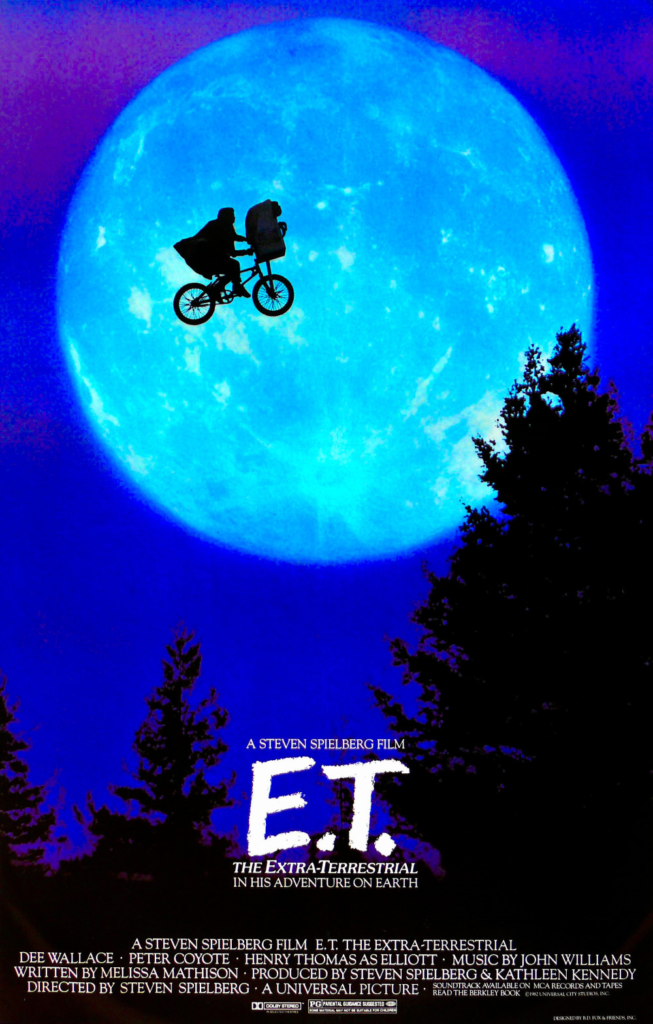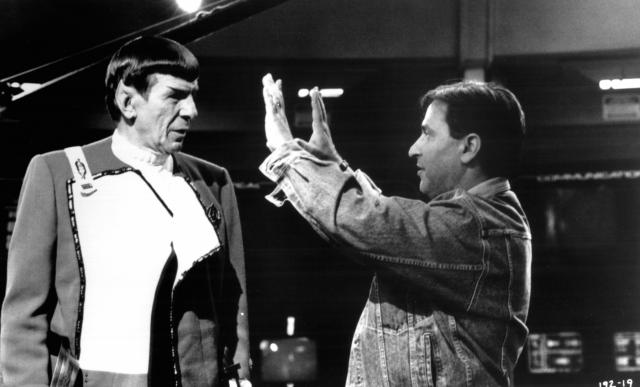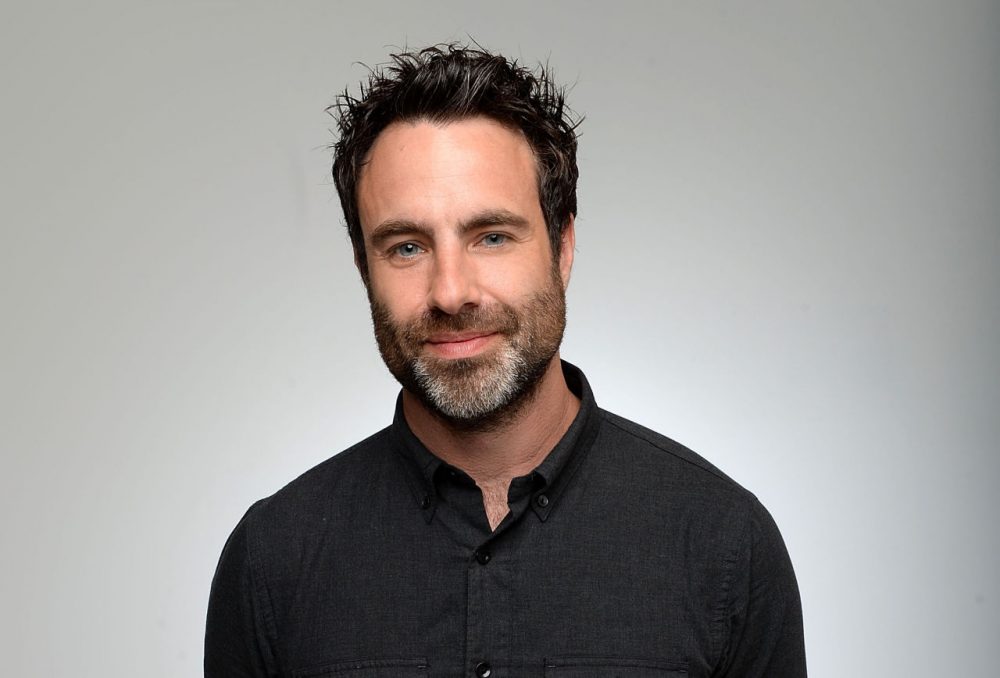It’s hard enough establishing yourself as one of the best in one field. Nicholas Meyer has achieved this goal in several. His first novel, “The Seven Per-Cent Solution,” introduced a new generation of fans to the exploits of Baker Street’s best known sleuth, Sherlock Holmes.
Following the enthusiastic greeting of the film version of the novel, for which Meyer wrote the script, he made his film directorial debut with 1979’s time-travel classic “Time after Time.” For his next project he simply created the greatest “Star Trek” film in the series when he took the helm on “Star Trek II: The Wrath of Khan.”
Mr. Meyer then proceeded to frighten everyone living in the Midwest with the television film “The Day After,” which told the story of the town of Lawrence, Kansas dealing with the devastating effects of a nuclear bomb. Twenty years after the film aired my son went to the University of Kansas, which is in Lawrence, and the first thing I thought of was this film.
His other films include “Volunteers” with Tom Hanks and John Candy; “Company Business” with Gene Hackman and Mikhail Baryshnikov (which he also wrote) and the final adventure for the Original Series cast, “Star Trek VI: The Undiscovered Country.”
Stepping back from directing after his wife passed away from breast cancer at the age of 36, Mr. Meyer has continued to write, not only novels but for both the big and small screen. Mr. Meyer recently took some time out of his schedule to talk about his career, past, present and future. I should note that I am posting this on Christmas Eve, Mr. Meyer’s 75th birthday. Happy birthday sir!
Mike Smith: You graduated from Iowa State with a degree in filmmaking and drama. You also wrote film reviews (hope for me to yet to become successful). What was your career goal upon graduation? Acting? Directing?
Nicolas Meyer: My motives were doubtless inchoate. All I knew was I wanted to “Make Movies” (I’m guessing I meant Directing), but hadn’t much of any idea how to go about it.
MS: Your first success was the Sherlock Holmes novel “The Seven-Per-Cent Solution.” Did you have to get approval from the Conan Doyle estate before you began writing?
NM: “Where ignorance is bliss ‘tis folly to be wise.” I had – typical – no idea the difficulties I would encounter with the avaricious and totally mismanaged Conan Doyle estate. Had I known what I was in for, I doubt I would have written the novel.
MS: You’ve written three additional Holmes stories. Was this a favorite character of yours when you were younger?
NM: I fell in love with Holmes around age 11 when my father gave me “The Complete Holmes” to read.
MS: You received an Academy Award nomination for your adapted screenplay of “The Seven-Per-Cent Solution.” Was it easy to convince the studio to allow you to write the script? Did they try to pair you with another writer?
NM: It was very easy as I refused to sell the rights to the book unless I got to write the script.
MS: Do you have a favorite story about the making of “Time after Time?”
NM: I was amused when my producer’s wife, Nel Jaffe, suggested that Malcolm McDowell and his leading lady, Mary Steenburgen, were falling in love. “Nonsense,” I thought, I’m simply a brilliant director. (NOTE: McDowell and Steenburgen married shortly after the film was released and were together for a decade).
MS: Were there any “rules” you had to follow on “Wrath of Khan?” Did you ever have an idea that was nixed from above because it wasn’t something “Trekkie?”
NM: I was pretty much left to my own devices writing and directing the movie. Sometimes the film’s producer, Harve Bennett, would reel me in. I remember at one point Carol Marcus warns her son against killing Kirk – “You’ll be a parricide!” I wrote. Harve said, “Nick, no; you’ll be killing your father.” That sort of thing. Occasionally the cast would offer corrections: “This isn’t the way so-and-so talks” and I’d make those kind of adjustments.
MS: You are the only director to pull what I considered an award worthy performance from William Shatner. Every time his voice cracks when he describes Spock’s souls as the most….human it brings a tear to my eye. Much more emotional. How did you address the character with Shatner?
NM: I found the trick with Mr. Shatner was to make him do scenes several times. He would get bored and stop attitudinizing. He’d stop “acting” and start “being.” That said, Shatner’s performance is his own and all credit for it belongs to him.
MS: A favorite memory from working on “Wrath of Khan?”
NM: Really a post film memory. I was talking with my friend John McNamara (NOTE: Mr. McNamara’s credits include the television series “The Magicians” and the feature film “Trumbo”) and I mentioned that my favorite shot in the film is the pullback in the torpedo bay as the torpedo is lowered and makes its way towards the audience. I said, “I know it’s an anachronism from old Pirate movies but I couldn’t resist.” Whereupon John protested, “what do you mean ‘anachronism?’ The weapon’s electronics were all out of commission. They had to go that way!” To my way of thinking this is a perfect example of the imaginative contribution of the audience, essential for successful artistic experiences. You want people’s imaginations engaged. Or, as Shakespeare puts it in “Henry V,” “On your imaginary forces, work!”
MS: This is a question inspired by my friend Andrew Armstrong, who is the biggest“Star Trek” fan I know and who is quick to point out little things that most people would never notice. Did you ever get scolded by a fan about Khan recognizing Mr. Chekov, even though Chekov wasn’t in the “Space Seed” episode that inspired the film?
NM: Yes he was, but on a different deck!
MS: You have a bit of matchmaker in you. Shortly after “Time After Time” Malcolm McDowell and Mary Steenburgen were married and Tom Hanks met Rita Wilson on the set of your next feature, “Volunteers.” Could you see then the career Hanks had in front of him?
NM: I confess I could not. I thought Tom was (and is) a terrific actor and a wonderful human being. I was delighted he and Rita fell – and remain – in love. I knew he’d have a career but couldn’t dream how big it would get.
MS: I imagine if was a fun set working with both Tom Hanks and John Candy. Do you have a favorite memory from “Volunteers?”
NM: The scene where they are sitting next to one another on the plane and Candy talks about Albert Speer’s quote that fear is victory’s fuel. No matter how many times we rehearsed this, Tom couldn’t keep a straight face – and I’m talking MONTHS between rehearsals and shooting.
MS: Apparently DeForest Kelley did not want to direct (I joke – I actually think Shatner did a competent job with TREK V, especially when you read his book about the experience) and you were brought back to close out the Original Series portion of the “Star Trek” film legacy with “Star Trek VI: The Undiscovered Country.” How did you manage to squeeze Christian Slater into a cameo?
NM: Christian’s mother, Mary Jo Slater, was my casting director. She mentioned that her son was a big fan.
MS: Are you working on anything currently?
NM: I co-created (with Frank Spotnitz) the Italian television series “Medici, Masters of Florence.” I’ve published my fourth Sherlock Holmes novel, “The Adventure of the Peculiar Protocols.” The paperback edition just came out November 10th and the fifth novel, The Return of the Pharoahm” will come out next fall. I’m also working with Frank Spotnitz on a new television series.
If you want a more in-depth look at Mr. Meyers work, you can visit his official website HERE




